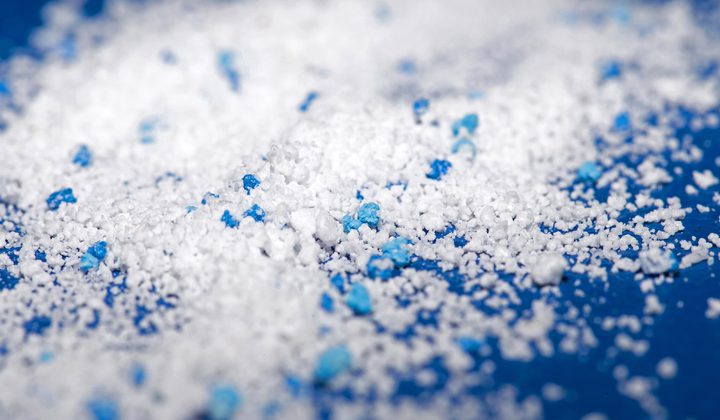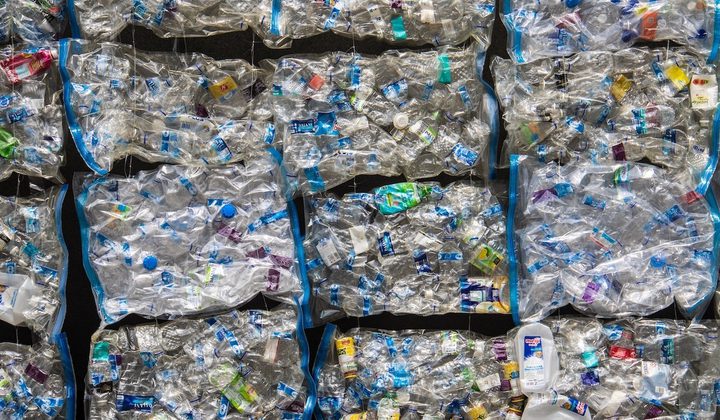There is growing interest in the role standards can perform in tackling plastic pollution. The field of standards and standardization is, however, an opaque area inhabited by a multitude of organizations and technical committees populated by anonymous experts dealing with topics that are often outside the understanding of non-experts, policymakers, or the public.
This policy brief aims to help policymakers, academia, and the interested public obtain a better understanding of the structure and functioning of the international standardization system. It offers an overview of some of the main standardization organizations and current plastic standards, identifies some of the gaps in the landscape of these standards, and highlights the potential role, as well as the limitations, of standards in combatting plastic pollution. The paper also provides
recommendations for enhancing the impact and effectiveness of standardization.
The main messages from the paper are that:
- A broad range of standards related to plastics have been developed by different standards organizations. Currently, however, these standards do not form a comprehensive and complete set of instruments that can be applied consistently across international markets to combat plastic pollution or as indicators for measuring progress on addressing plastic pollution.
- Standards are for the most part voluntary instruments that have been developed by industry players and are intended for their use. There is a need for more involvement by governments to define priorities for standard-setting (such as supporting efforts to phase out certain types of plastics, and to promote greater reusability of plastic products, recycling, use of recycled plastics, and non-plastic substitutes) and to provide clear roadmaps for future work. Without such roadmaps, and a complementary regulatory and policy framework, standards on their own cannot provide a solution to the challenge of plastic pollution.
- Standards could play an important role in supporting a proposed global treaty on plastic pollution, including by establishing targets and tools for monitoring their implementation. For this purpose, standards organizations will need to apply a holistic and comprehensive approach that addresses the whole plastics value chain and all sources of environmental leakage. Further, they should increase their cooperation and look at ways to reduce the current fragmentation between different standards.
Recommended citation: Weissinger, W. (2021). Standards and the international standardization landscape: Relevance to plastics. Forum on Trade, Environment, & the SDGs (TESS).




